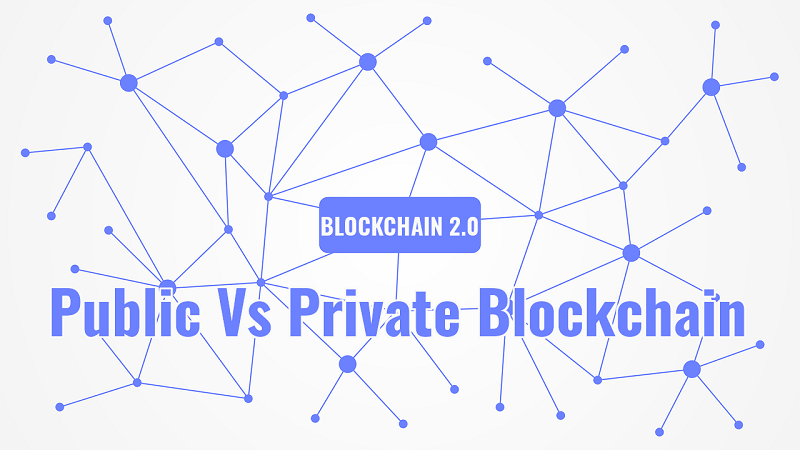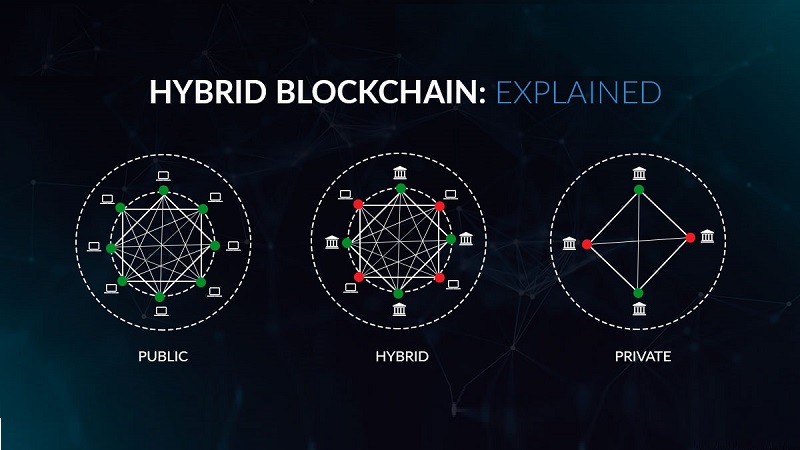Blockchain technology has become a relatively popular choice among many businesses, thanks to its reliability. From increased efficiency and transparency to better traceability, adding blockchain to your business is wise. But how much do you know about this technology? How many blockchains are there? Here are a few invaluable insights into this aspect.

How Many Blockchains Are There?
You must be asking yourself how many blockchains exist globally, and you are not alone. There are hundreds, or even thousands, of blockchains spread across the world. Currently, over 860 blockchains are at your disposal. Typically, this number keeps growing as more and more businesses embrace it.
However, not all blockchains bear the same features. Based on the needs of a business, you could readily select one that addresses your concerns. From storage structure to decentralization, pick one that provides you with the value you need.
Types of Blockchains
Today, there are four main types of blockchain networks. They include public, private, consortium, and hybrid blockchains. These blockchains comprise a cluster of nodes that function on P2P network systems. Each node within a network has a shared ledger that is updated regularly. Further, they can verify transactions, initiate transactions, or create blocks.
i. Public
Public blockchains are non-restrictive ledger systems, and anyone can access them on the internet. Once you sign into one, you become an authorized node and part of the blockchain network. That means you can access records, verify transactions, and mine. It is a popular choice for people who mine cryptocurrencies. Some examples include Bitcoin, Litecoin, and Euthereum.

Advantages
- It is more trustable, as nodes do not have to worry about authenticity
- Increased number of nodes enhances security
- It is open and transparent
Disadvantages
- Comes with a lower TPS
- It has a relatively high consumption
ii. Private
You could also consider private blockchain. It is restrictive, and you can only access it if you get authorized. Typically, it operates on a closed network. That means permissions, security, and authorizations are in the hands of the organization. It is a common choice for digital identity, voting, and supply chain management.
Advantages
- Has a higher speed, with the transactions per minute being higher
- It is relatively scalableDisadvantages
- Could pose trust issues

iii. Hybrid
There is also a hybrid blockchain, which is a blend of private and public blockchains. That means it has features of both public and private options. Usually, the users determine who can access specific data on the blockchain. The public can access only a fraction of the information on the database. Thanks to enhanced verification, this option is much more secure.
iv. Consortium
Consortium blockchains are semi-decentralized. That means various organizations can access and control this network. Each organization acts as a node, allowing them to exchange information or mine. Consortium blockchains are typical in banks and government organizations.
What is the Best Blockchain Platform
There is barely a one-dimensional response to this. That is because organizations and people have different preferences. However, the best choice would be one that offers granular security and better speeds. Unless you find a reliable blockchain platform, you will barely have seamless transactions.
One of the best choices would be the IBM blockchain platform, thanks to its reliability.
Firstly, this platform was designed for business, assuring you of seamless transactions and trust. It is a shared and immutable ledger that efficiently records the history of your transactions. Its transactional applications assure you of unrivalled accountability, transparency, and trust.

Secondly, This platform allows for seamless cloud operation. Also, cloud technology ensures that there is barely any downtime. It ensures that you transact at any time and from anywhere. Besides, you can easily transfer your clients to this platform.
Lastly, this platform assures you of granular security. Regardless of how many nodes or users you expect, you will be confident of seamless and secure transtctions.
In conclusion, blockchain technology is slowly changing the world of business. Seamless transactions and unrivalled security are some of the fruits of this technology. As long as you select the right type, you will have no reason to worry. Ensure that you pay attention to the chosen platform, as it determines the eventual reliability. Finally, how about you embrace it in your venture today?